Physics
Physics is the scientific study of matter, energy, and the fundamental forces of nature. It seeks to understand how the universe behaves at both the smallest and largest scales, from the subatomic particles to the galaxies and beyond.
Key Concepts in Physics
- Matter: Everything that has mass and takes up space is considered matter. This includes solids, liquids, and gases.
- Energy: The ability to do work or cause a change. Energy comes in various forms such as kinetic, potential, thermal, and electrical.
- Force: A push or pull that can cause an object to move, stop, or change direction. Forces can be balanced or unbalanced.
- Motion: The change in position of an object over time. This can be described by speed, velocity, and acceleration.
- Gravity: The force that attracts objects toward each other. It is responsible for keeping the planets in orbit around the sun and causing objects to fall to the ground.
- Electricity and Magnetism: The study of electric charges and currents, as well as magnetic fields and their effects on objects.
- Waves: The transfer of energy through a medium without the transfer of matter. This includes sound waves, light waves, and water waves.
- Optics: The study of light and its interactions with lenses, mirrors, and other optical devices.
Study Guide for Physics
Here are some tips for studying physics:
- Understand the Basics: Start by understanding the fundamental concepts such as matter, energy, and forces. These form the foundation of physics.
- Practice Problem-Solving: Physics involves a lot of problem-solving, so practice solving different types of physics problems to enhance your skills.
- Use Visual Aids: Visual aids such as diagrams, graphs, and videos can help you understand complex physics concepts more easily.
- Stay Updated: Physics is a constantly evolving field, so stay updated with the latest discoveries and theories in physics.
- Seek Help When Needed: If you're struggling with a particular concept, don't hesitate to seek help from your teacher, tutor, or classmates.
By understanding the fundamental concepts and applying them to real-world situations, you can develop a strong foundation in physics and appreciate the role it plays in the world around us.
[Physics] Related Worksheets and Study Guides:
.◂Science Worksheets and Study Guides Kindergarten. Pushing, Moving, Pulling
Coloring Worksheet How heavy
How heavy  Coloring Worksheet
Coloring Worksheet How heavy
How heavy  Coloring Worksheet
Coloring Worksheet How Things Move
How Things Move  Coloring Worksheet
Coloring Worksheet How Things Move
How Things Move  Coloring Worksheet
Coloring Worksheet Light and Heat
Light and Heat  Coloring Worksheet
Coloring Worksheet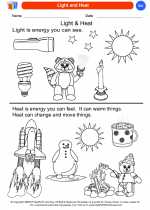 Light and Heat
Light and Heat  Coloring Worksheet
Coloring Worksheet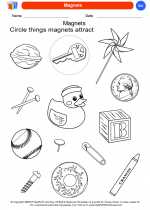 Magnets
Magnets  Coloring Worksheet
Coloring Worksheet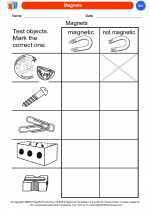 Magnets
Magnets  Coloring Worksheet
Coloring Worksheet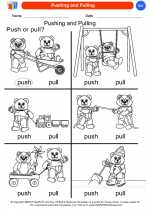 Pushing and Pulling
Pushing and Pulling  Coloring Worksheet
Coloring Worksheet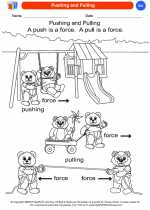 Pushing and Pulling
Pushing and Pulling  Coloring Worksheet
Coloring Worksheet Simple Machines
Simple Machines  Coloring Worksheet
Coloring Worksheet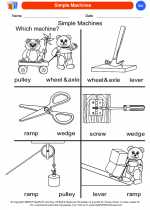 Simple Machines
Simple Machines  Coloring Worksheet
Coloring Worksheet Sink and Float
Sink and Float  Coloring Worksheet
Coloring Worksheet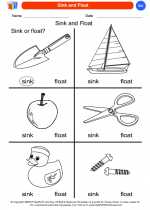 Sink and Float
Sink and Float  Coloring Worksheet
Coloring Worksheet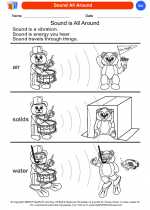 Sound All Around
Sound All Around  Coloring Worksheet
Coloring Worksheet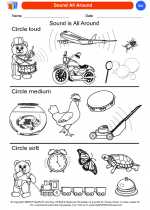 Sound All Around
Sound All Around  Coloring Worksheet
Coloring Worksheet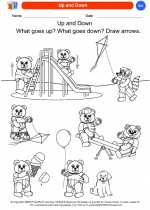 Up and Down
Up and Down  Coloring Worksheet
Coloring Worksheet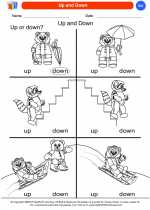 Up and Down
Up and Down  Coloring Worksheet
Coloring Worksheet Wheels
Wheels  Coloring Worksheet
Coloring Worksheet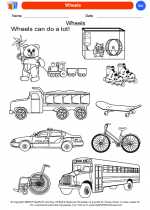 Wheels
Wheels 

 Coloring Worksheet
Coloring Worksheet
 Coloring Worksheet
Coloring Worksheet
 Coloring Worksheet
Coloring Worksheet
 Coloring Worksheet
Coloring Worksheet
 Coloring Worksheet
Coloring Worksheet
 Coloring Worksheet
Coloring Worksheet
 Coloring Worksheet
Coloring Worksheet
 Coloring Worksheet
Coloring Worksheet
 Coloring Worksheet
Coloring Worksheet
 Coloring Worksheet
Coloring Worksheet
 Coloring Worksheet
Coloring Worksheet
 Coloring Worksheet
Coloring Worksheet
 Coloring Worksheet
Coloring Worksheet
 Coloring Worksheet
Coloring Worksheet
 Coloring Worksheet
Coloring Worksheet
 Coloring Worksheet
Coloring Worksheet
 Coloring Worksheet
Coloring Worksheet
 Coloring Worksheet
Coloring Worksheet
 Coloring Worksheet
Coloring Worksheet
